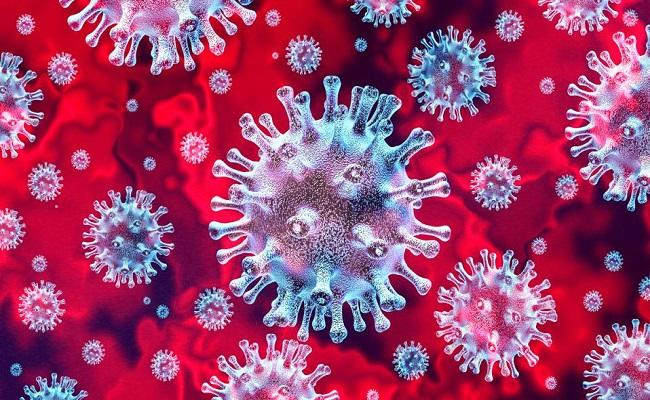Increased Risk of Reinfection With Omicron, Says WHO

It's unclear if Omicron is more transmissible: WHO
WHO affirms that there is no evidence that the symptoms associated with Omicron are different from those associated with other variants.
Geneva: The World Health Organization (WHO) has said that it is unclear if the Omicron Covid-19 variant is more transmissible or causes more severe illness than other variants, such as Delta.
The WHO stated on Sunday that it is still unclear if Omicron is more easily spread from person to person than other variants, even though the number of patients testing positive has increased in South Africa, where this variant was implicated.
It's also unclear if Omicron causes more severe sickness, although preliminary data shows that hospitalisation rates are rising in South Africa, which might be related to an increase in the overall number of people affected, according to the Xinhua news agency.
The World Health Organization verified that there is presently no evidence that symptoms linked with Omicron are different from those associated with other variants, as determining the severity of the Omicron variant will take days to weeks.
All COVID-19 variants, including the Delta variant, which is presently widespread globally, can cause serious sickness or death, especially in the most vulnerable people. Hence, prevention is always the most important factor.
However, early evidence shows that there may be an increased risk of Omicron reinfection, according to WHO, although data is limited. In the next days and weeks, more information about this will become accessible.
It went on to say that existing PCR testing continues to identify Omicron and that more research is being done to see how the Omicron variant would affect Covid-19 vaccinations and treatments.
The newest SARS-CoV-2 virus variant B.1.1.529, now known as Omicron, was classed as a "Variant of Concern" by the WHO on Friday (VOC).
A VOC with a degree of global public health significance, according to WHO's definition, exhibits one or more mutational changes, such as an increase in transmissibility or a negative change in Covid-19 epidemiology, an increase in virulence or a change in clinical disease presentation, and a decrease in the effectiveness of public health and social measures, as well as available diagnostics, vaccines, and therapeutics.
WHO has now advised nations to improve surveillance and sequencing of circulating SARS-CoV-2 variants, provide entire genome sequences and information to a publicly accessible database, and notify WHO of any early VOC patients or clusters.
Field experiments and laboratory evaluations have also been proposed to better understand the possible effects of the VOC on Covid-19 epidemiology, the effectiveness of public health and social initiatives, and antibody neutralisation.




